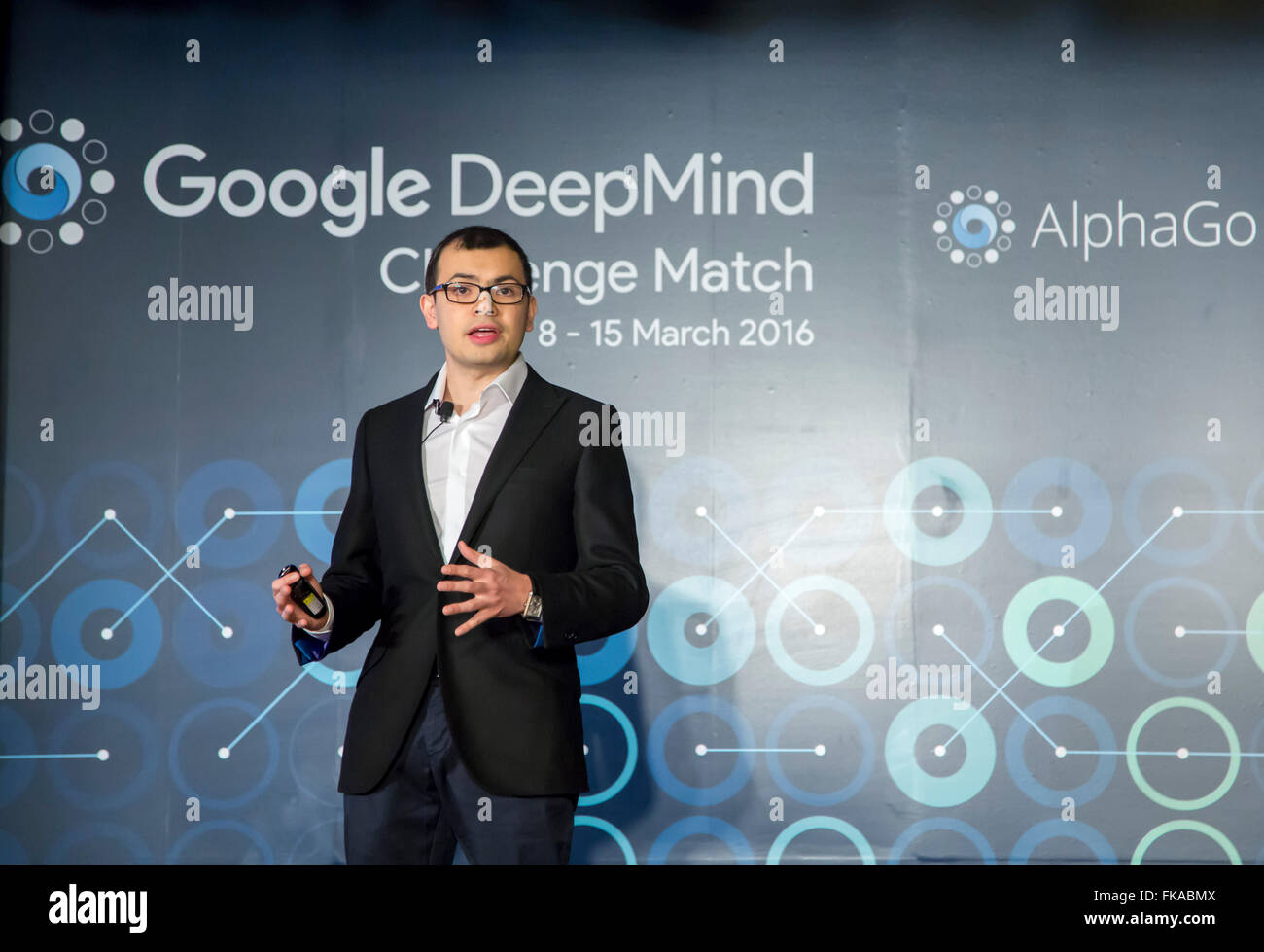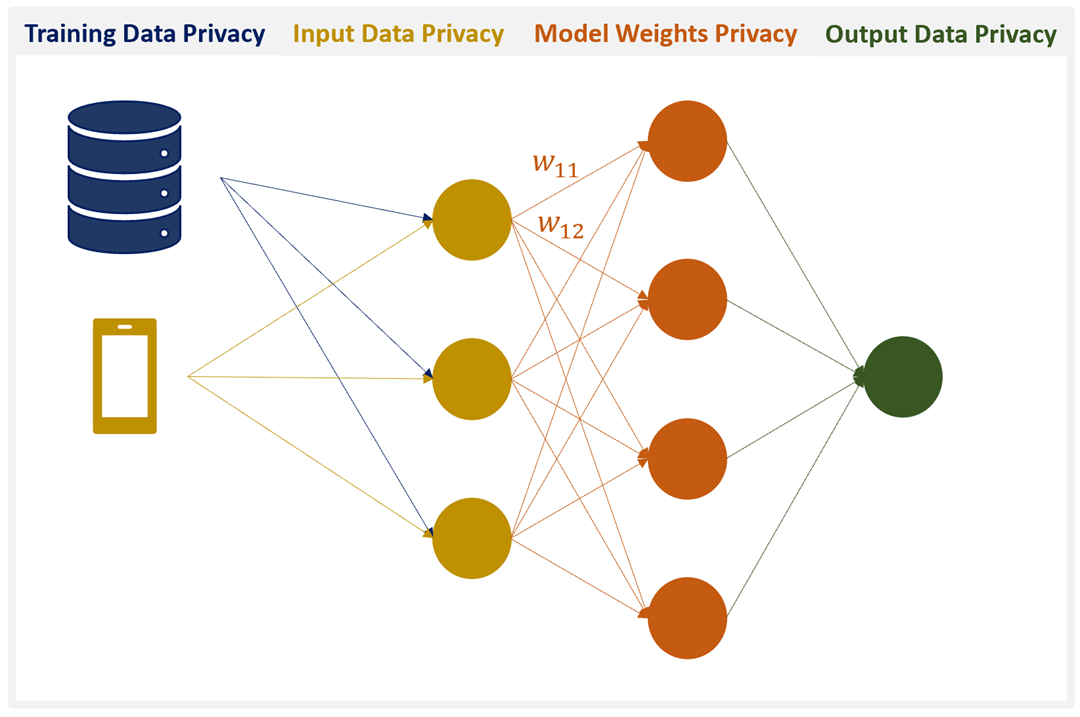
Yann leCun is a French computer scientist. His research interests include machine learning and computer vision. He is currently the Silver Professor of the Courant Institute of Mathematical Sciences at New York University and Vice President and Chief AI Scientist of Meta. He is also the founder and author of JEPA.
Facebook's Chief AI Scientist and Vice President
Yann LeCun, VP and Chief AI Scientist at Facebook, is an accomplished machine learning scientist. Before joining Facebook as Chief AI Scientist in 2013, he worked at Bell Labs as a research scientist. He now works as a part of the Applied Machine Learning team that integrates AI into Facebook products. LeCun is an advocate for transparency in the AI community. He publishes frequently. He is also a member of the National Academy of Engineering.
Facebook's AI research lab has grown dramatically over the last few years. The lab now has six offices and employs over 100 people. Yesterday, the company announced that it would double the number of researchers in its Paris research laboratory. It also plans on quadrupling the number Ph.D. students in Paris.
Silver professor at New York University
Yann LeCun (French computer scientist) is an avid reader of machine learning, mobile robotics and computational neuroscience. He is currently the Silver Lecturer at New York University’s Courant Institute of Mathematical Sciences.

LeCun has received the ACM Turing Award as a result of his engineering and concept breakthroughs. He is also a member of the National Academy of Engineering. You can hire Yann to speak at your event by contacting a speaker agency.
Author of more 180 technical papers
Yann LéCun is an French computer scientist. He works in the field of machine learning. He holds many academic appointments and is a Silver professor at New York University’s Courant Institute of Mathematical Sciences. His research interests lie in neural networks and computer vision.
LeCun, an internationally cited computer scientist, has been working on artificial intelligence for 20 years. He is credited as one of the creators of convolutional neural networks. He also co-created the DjVu image compression technology and the Lush programming language. Yann has published more 180 technical papers and has been awarded recognition for his contributions to a variety of fields.
Joint embedding prediction architecture (JEPA) founder
JEPA is an energy-based model of AI that learns high-level representations using JEPA. This approach replaces contrastive, using regularized techniques that extract high quality latent features and eliminate unnecessary information. JEPA can thus learn to draw inferences from a high-dimensional global model.
This approach allows for alignment of multiple datasets without losing individual specificity. You can extend it to multiple datasets. This workflow is illustrated in Fig. 1A.

Influence of Geoffrey Hinton on his work
Yann LéCun is a computer scientist who also serves as the Vice President of Facebook's AI research organization. He also teaches at New York University. His work focuses on deep learning and convolutional neural networks. He graduated from Pierre and Marie Curie University and was a postdoctoral fellow under Geoffrey Hinton. LeCun discusses the foundational work he did on convolutional neural network and his advice to those interested in AI.
LeCun had a tremendous impact from Hinton. He mentored more than thirty PhD students and many postdocs, master's, and undergraduate students, and many of them went on to become leaders in the field. Brendan Frey who was Hinton’s protege, completed his PhD at the University of Texas in 1997. He went on to become a leading advocate for deep-learning.
FAQ
Which industries use AI more?
The automotive sector is among the first to adopt AI. For example, BMW AG uses AI to diagnose car problems, Ford Motor Company uses AI to develop self-driving cars, and General Motors uses AI to power its autonomous vehicle fleet.
Other AI industries include banking, insurance, healthcare, retail, manufacturing, telecommunications, transportation, and utilities.
What will the government do about AI regulation?
AI regulation is something that governments already do, but they need to be better. They must ensure that individuals have control over how their data is used. They must also ensure that AI is not used for unethical purposes by companies.
They should also make sure we aren't creating an unfair playing ground between different types businesses. If you are a small business owner and want to use AI to run your business, you should be allowed to do so without being restricted by big companies.
Why is AI so important?
It is estimated that within 30 years, we will have trillions of devices connected to the internet. These devices will include everything from cars to fridges. The Internet of Things (IoT) is the combination of billions of devices with the internet. IoT devices and the internet will communicate with one another, sharing information. They will also be able to make decisions on their own. A fridge may decide to order more milk depending on past consumption patterns.
It is predicted that by 2025 there will be 50 billion IoT devices. This is a great opportunity for companies. But it raises many questions about privacy and security.
What does AI do?
An algorithm is a sequence of instructions that instructs a computer to solve a problem. An algorithm is a set of steps. Each step has a condition that determines when it should execute. A computer executes each instructions sequentially until all conditions can be met. This is repeated until the final result can be achieved.
Let's say, for instance, you want to find 5. One way to do this is to write down all numbers between 1 and 10 and calculate the square root of each number, then average them. It's not practical. Instead, write the following formula.
sqrt(x) x^0.5
This means that you need to square your input, divide it with 2, and multiply it by 0.5.
A computer follows this same principle. The computer takes your input and squares it. Next, it multiplies it by 2, multiplies it by 0.5, adds 1, subtracts 1 and finally outputs the answer.
AI: Why do we use it?
Artificial intelligence (computer science) is the study of artificial behavior. It can be used in practical applications such a robotics, natural languages processing, game-playing, and other areas of computer science.
AI is also referred to as machine learning, which is the study of how machines learn without explicitly programmed rules.
AI is often used for the following reasons:
-
To make your life easier.
-
To do things better than we could ever do ourselves.
Self-driving cars is a good example. AI can do the driving for you. We no longer need to hire someone to drive us around.
Statistics
- By using BrainBox AI, commercial buildings can reduce total energy costs by 25% and improves occupant comfort by 60%. (analyticsinsight.net)
- According to the company's website, more than 800 financial firms use AlphaSense, including some Fortune 500 corporations. (builtin.com)
- Additionally, keeping in mind the current crisis, the AI is designed in a manner where it reduces the carbon footprint by 20-40%. (analyticsinsight.net)
- In the first half of 2017, the company discovered and banned 300,000 terrorist-linked accounts, 95 percent of which were found by non-human, artificially intelligent machines. (builtin.com)
- A 2021 Pew Research survey revealed that 37 percent of respondents who are more concerned than excited about AI had concerns including job loss, privacy, and AI's potential to “surpass human skills.” (builtin.com)
External Links
How To
How to configure Siri to Talk While Charging
Siri is capable of many things but she can't speak back to people. Your iPhone does not have a microphone. Bluetooth is a better alternative to Siri.
Here's how Siri can speak while charging.
-
Under "When Using Assistive touch", select "Speak when locked"
-
To activate Siri press twice the home button.
-
Siri can speak.
-
Say, "Hey Siri."
-
Speak "OK."
-
Speak up and tell me something.
-
Say "I'm bored," "Play some music," "Call my friend," "Remind me about, ""Take a picture," "Set a timer," "Check out," and so on.
-
Speak "Done"
-
If you would like to say "Thanks",
-
If you are using an iPhone X/XS, remove the battery cover.
-
Reinsert the battery.
-
Connect the iPhone to your computer.
-
Connect your iPhone to iTunes
-
Sync your iPhone.
-
Allow "Use toggle" to turn the switch on.